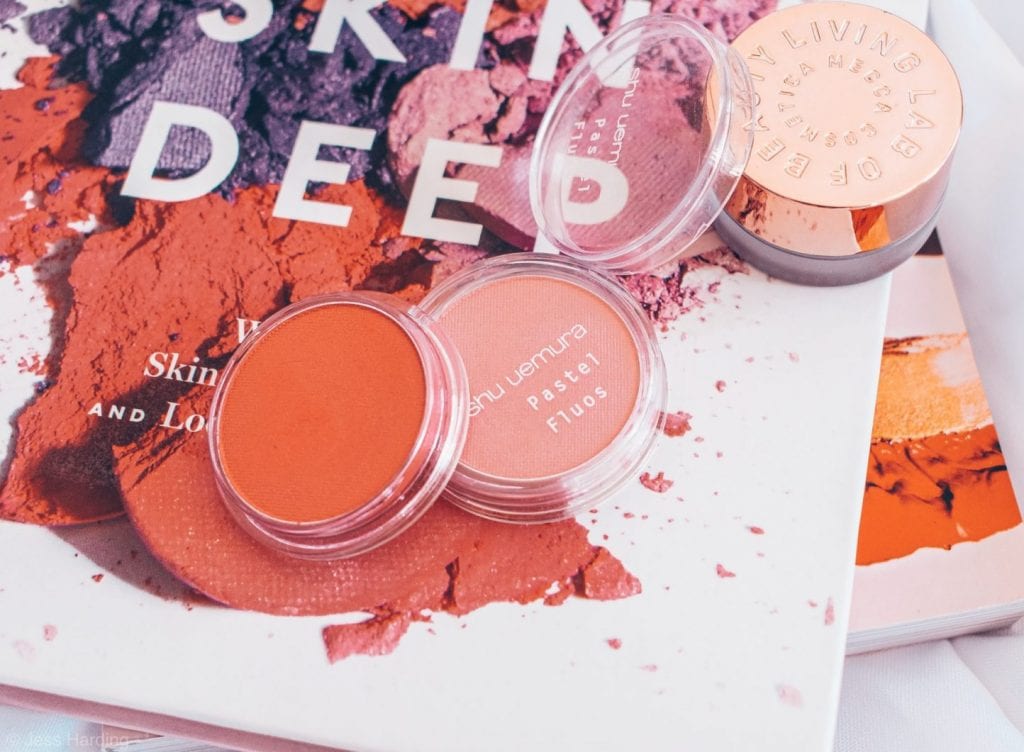China holds the title of the world’s second-largest cosmetics consumer market, following only behind the United States, with sales in this segment amounting to $435.47 billion in 2018 and expected to grow to an estimated $648.31 billion by 2026. “Japanese, Korean, European and American brands have long dominated the cosmetics market in China,” according to a ResearchAndMarkets report, with only three Chinese brands ranked among the top ten cosmetics brands in China as recently as 2017, a testament to the “insatiable” demand among Chinese consumers for the products of foreign brands.
The enduring appeal of Western cosmetics and beauty goods, including those pumped out in sizable quantities by famed luxury brands, has brought with it an ongoing struggle for control-happy rights holders, particularly when it comes to parallel imports – or what may be better known as gray market goods. What the International Trademark Association calls “one of the most enigmatic phenomena of international trade,” gray market goods are authentic branded – or trademark-bearing – goods that are meant to be sold in one geographic market but that are imported into another market and sold there without the trademark holder’s authorization.
Largely viewed as problematic due to their ability to “distort market [and specific market prices], attack the official supply chain, and increase the risk of instances of product liability and trademark dilution,” gray market goods often prove difficult to effectively address for a number of reasons. One of the primary issues is that trademark law is “not a viable tool to stop parallel import of foreign cosmetic brands into China, as the first sale of these cosmetics abroad exhausts their exclusive trademark rights in China,” according to Patton Squire Boggs counsel Paolo Beconcini.
A lack of trademark grounds does not mean that brands are without options when it comes to the gray market, though. In fact, Beconcini notes that “holders of trademark rights on imported cosmetics in China can now take action against [such goods] if the importers have violated local safety and product quality regulations, modified the product, or failed to adapt labeling to local mandatory requirements.”
Legislative changes in China in recent years have created “strong and reliable avenues” for non-native cosmetics brands to put a stop to the sale of gray market goods in China, Beconcini says. At the same time, those changes have enabled Western brands to import and sell their own products in China even if they have not been approved by/recorded with the Chinese Food and Drug Administration (“CFDA”) due to a lack of testing-on-animals results. China currently requires that brands show safety test results, including the results of mandatory animal testing, which is why most Western brands are unable to register their products with the CFDA, and thus, why they rely on the exemption from animal testing/CFDA recordation that exists when brands’ sales are limited to designated e-commerce platforms, such as Tmall and JD.com.
The window of opportunity for non-Chinese cosmetics companies comes from the fact that the exemption for companies whose sales exclusively take place via Tmall, JD.com, or other authorized Chinese platforms does not extend to foreign cosmetic products that are imported into China for resale outside of those designated e-commerce channels. To be exact, “Once a Chinese importer has received the goods purchased abroad, and stored them in a Chinese warehouse, the importer will have to show China customs that those cosmetics have been recorded with CFDA before [it can sell] and deliver them” to Chinese consumers.
The issue? Importers are not legally entitled to seek CFDA recordation if they are not affiliated with or unauthorized by the brand at issue, and in the case of gray market goods, no such authorization exists. Moreover, their ability to record such products is limited by the need to submit “all the proprietary testing results and formulas, [along] with special samples, company certificates, including trademarks and patents, which, of course, they [do not legally] have,” according to Beconcini.
If parallel importers offer up and/or sell products without recording them with the CFDA, that gives rise to grounds for legal action on behalf of the brands, which can initiate actions with the Market Supervision Administration, as China’s Regulations on the Hygienic Supervision of Cosmetics establishes that “[t]hose who import or sell imported cosmetics that have not been approved or examined shall be punished by having their goods and illegal earnings confiscated and by a fine 3 to 5 times their illegal profits.”
In terms of whether the entities doing the parallel importing can work around this reality by selling on Tmall or other designated e-commerce platforms themselves (in the same way as Western brands get around animal testing), Beconcini states that this is not an option, as “in order for a Chinese importer to sell in such platforms they would need to own the relevant trademarks or be authorized as licensees by the brands owning the relevant trademarks.”
As of now, the Chinese gray market is in flux to some extent because COVID-19 has put a halt to nearly all international travel, including that of daigou, who have a strong hand in the supply of gray market goods in China, and due to the chance that China will change its rules on the specifics of recordation, including potentially abolishing the animal testing requirement. Nonetheless, Beconcini argues that it is still in the interest of brands to try to reduce such parallel import activity through Market Supervision Administration actions, which “will benefit foreign cosmetic brands’ transition into a more traditional distribution model once they are able to record their products with the CFDA without need to prove animal test results.”
By acting now, he says, brands can “reduce unwanted distribution that may later create serious pricing and supply imbalances and hinder the setup of the official supply chain.” They can also potentially “slow down dilution of their brands by excessive and unwanted circulation of goods into the market, bad advertising, and negative social media due to poor service related to parallel importer activities,” as well as diminish the risk of liability claims should they act soon enough.











